Neurological Disorders
Introduction
- Understanding, Managing, and Treating Them
Neurological disorders affect millions of people worldwide, impacting the brain, spinal cord, and nervous system. These disorders can lead to a range of symptoms, from mild discomfort to severe impairment in movement, sensation, or cognitive function.
Understanding neurological conditions, their causes, and available treatment options is essential for effective management. Whether you or a loved one is dealing with a neurological disorder, early diagnosis and proper care can make a significant difference in improving quality of life.
This article will explore common neurological disorders, their causes, symptoms, diagnosis, and the best treatment approaches, including physiotherapy.
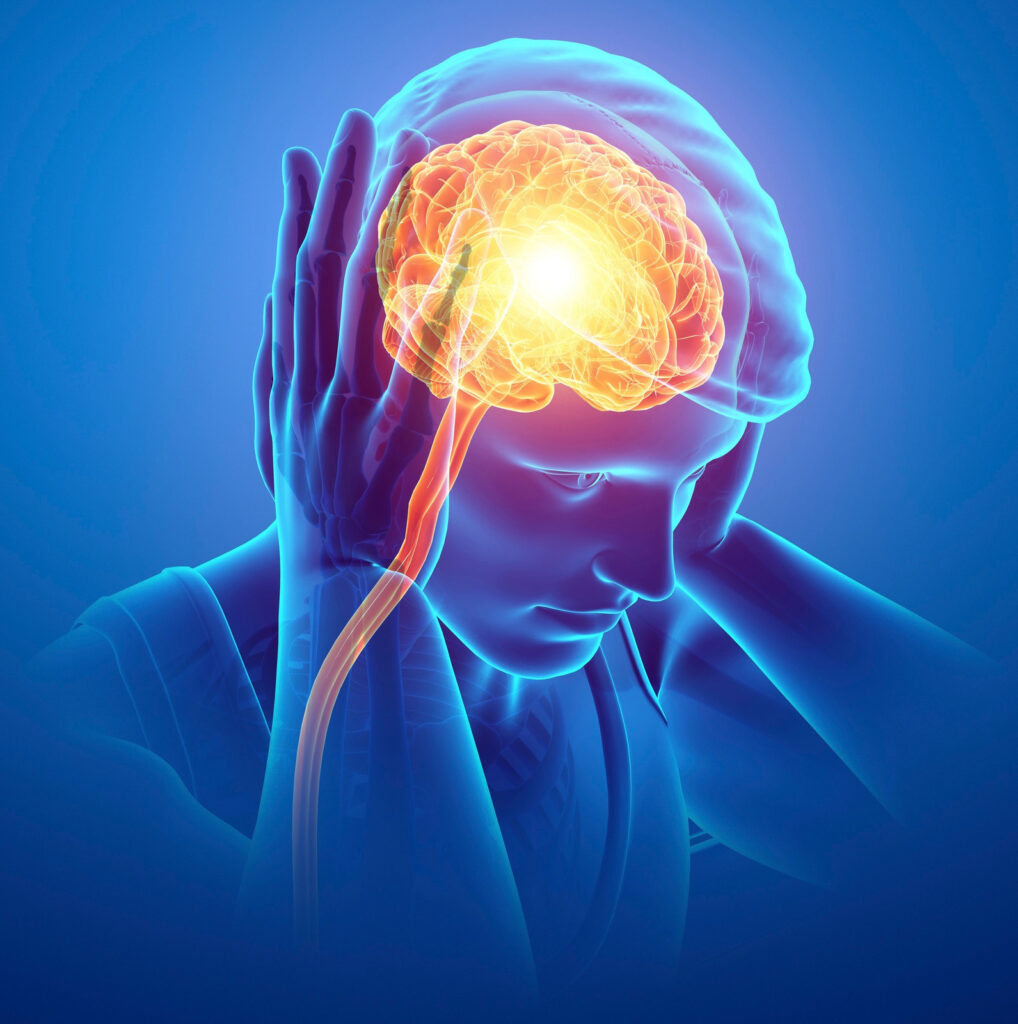
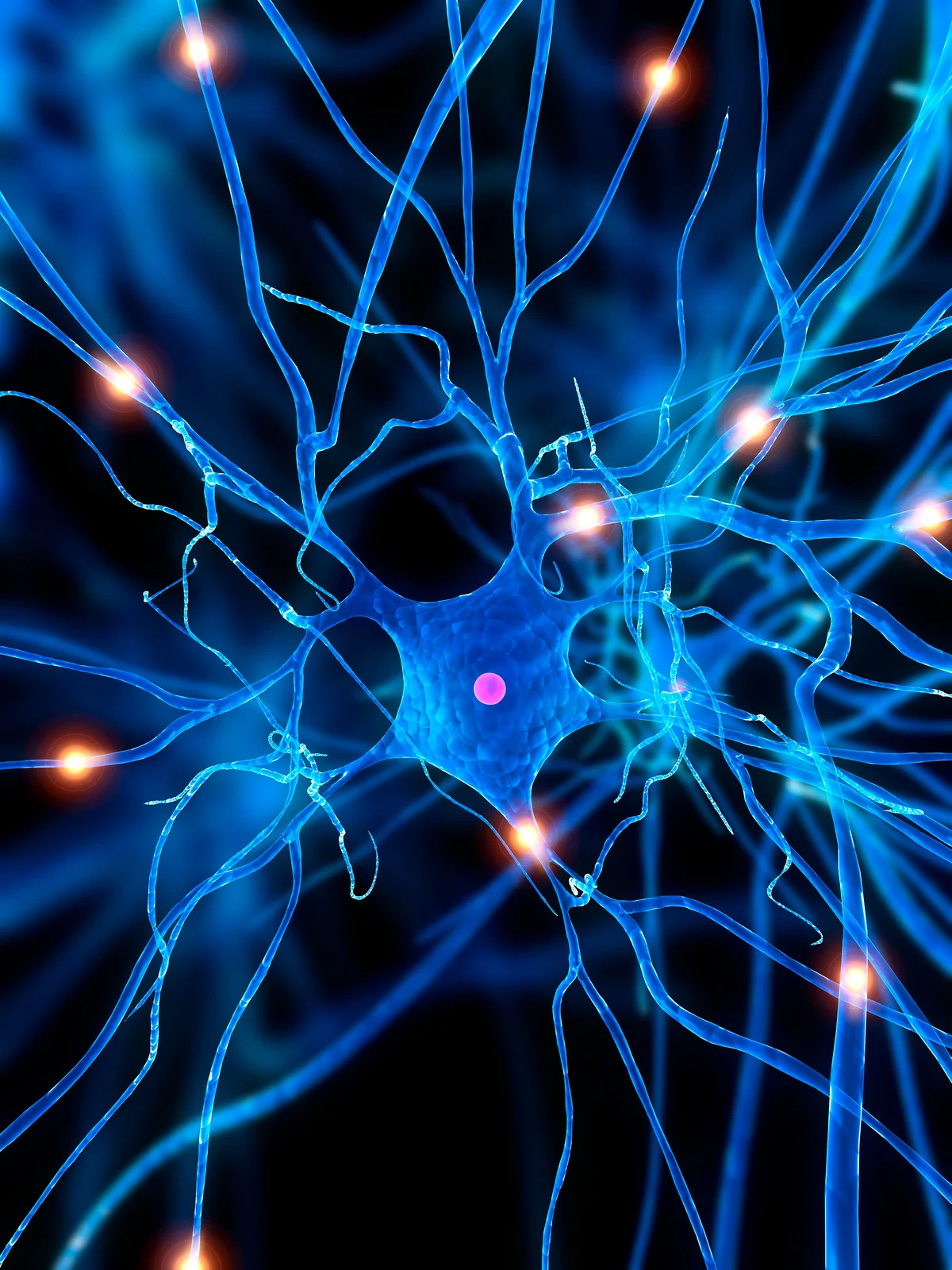
What Are Neurological Disorders?
Neurological disorders refer to conditions that affect the central and peripheral nervous systems, including the brain, spinal cord, and nerves. These conditions can be genetic, acquired, or degenerative and can result in impairments in movement, cognition, and sensation.
Some neurological disorders develop gradually over time, while others occur suddenly due to injury, infection, or stroke.
Common Neurological Disorders
1. Stroke
A stroke occurs when blood supply to the brain is disrupted due to a clot or bleeding, leading to brain cell damage.
✔ Symptoms: Sudden weakness, speech difficulty, facial drooping, confusion, vision problems.
✔ Causes: High blood pressure, smoking, heart disease, diabetes.
✔ Treatment: Emergency care, rehabilitation therapy, physiotherapy.
2. Parkinson’s Disease
A progressive disorder affecting movement due to reduced dopamine levels in the brain.
✔ Symptoms: Tremors, stiffness, slow movement, balance issues.
✔ Causes: Genetic and environmental factors.
✔ Treatment: Medications, physical therapy, lifestyle changes.
3. Multiple Sclerosis (MS)
An autoimmune disease where the immune system attacks the protective covering of nerves, affecting communication between the brain and body.
✔ Symptoms: Numbness, muscle weakness, vision problems, fatigue.
✔ Causes: Genetic and environmental triggers.
✔ Treatment: Immunotherapy, physiotherapy, medications.
4. Epilepsy
A chronic neurological disorder causing recurrent seizures due to abnormal electrical activity in the brain.
✔ Symptoms: Seizures, temporary confusion, staring spells.
✔ Causes: Brain injury, infections, genetic factors.
✔ Treatment: Anti-epileptic drugs, surgery, lifestyle modifications.
5. Alzheimer’s Disease and Dementia
Progressive disorders affecting memory, thinking, and behavior.
✔ Symptoms: Memory loss, confusion, mood changes, difficulty in problem-solving.
✔ Causes: Age, genetics, brain changes.
✔ Treatment: Medications, cognitive therapy, physiotherapy for mobility support.
6. Peripheral Neuropathy
A condition caused by nerve damage, leading to pain and weakness in the hands and feet.
✔ Symptoms: Numbness, tingling, muscle weakness, burning pain.
✔ Causes: Diabetes, infections, injuries.
✔ Treatment: Pain management, physiotherapy, lifestyle modifications.
7. Cerebral Palsy
A group of disorders affecting movement and muscle coordination due to brain damage before or after birth.
✔ Symptoms: Muscle stiffness, tremors, coordination issues.
✔ Causes: Brain injury during development.
✔ Treatment: Physiotherapy, occupational therapy, medications.
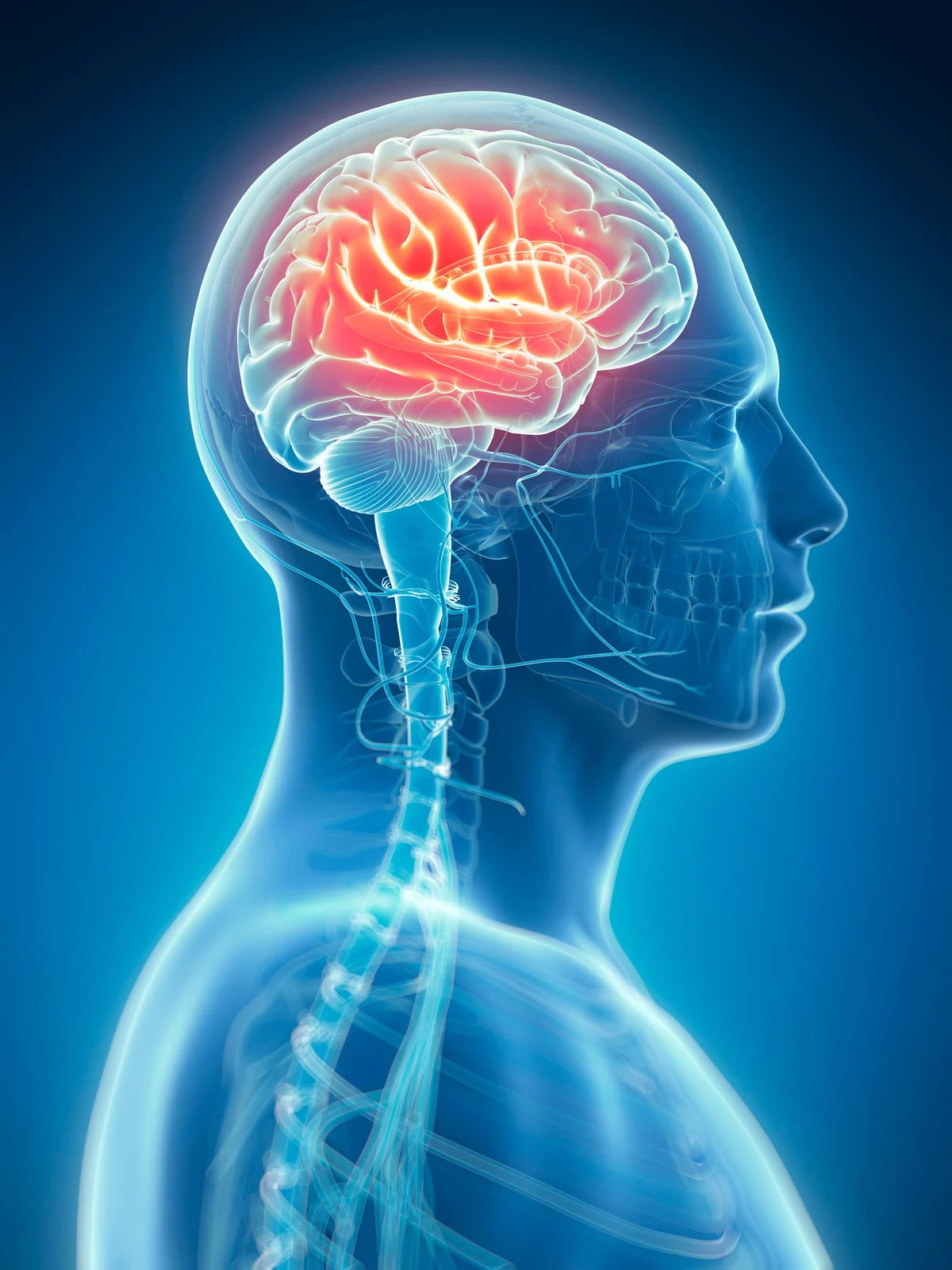
Causes of Neurological Disorders
Neurological disorders can be caused by a variety of factors, including:
✔ Genetic Mutations – Inherited conditions like Huntington’s disease or muscular dystrophy.
✔ Trauma and Injury – Head injuries, spinal cord injuries, and concussions.
✔ Infections – Meningitis, encephalitis, and viral infections like COVID-19.
✔ Autoimmune Reactions – The immune system attacking nerve cells (as in MS).
✔ Degenerative Changes – Aging-related conditions like Alzheimer’s and Parkinson’s.
✔ Circulatory Issues – Stroke and aneurysms caused by poor blood flow to the brain.
✔ Metabolic Disorders – Diabetes and vitamin deficiencies affecting nerve function.
Symptoms of Neurological Disorders
The symptoms vary based on the type of disorder but can include:
✔ Headaches or migraines
✔ Muscle weakness or paralysis
✔ Memory loss or confusion
✔ Speech or vision problems
✔ Seizures or tremors
✔ Numbness or tingling in limbs
✔ Loss of coordination and balance
If you experience persistent or worsening symptoms, consult a doctor immediately.
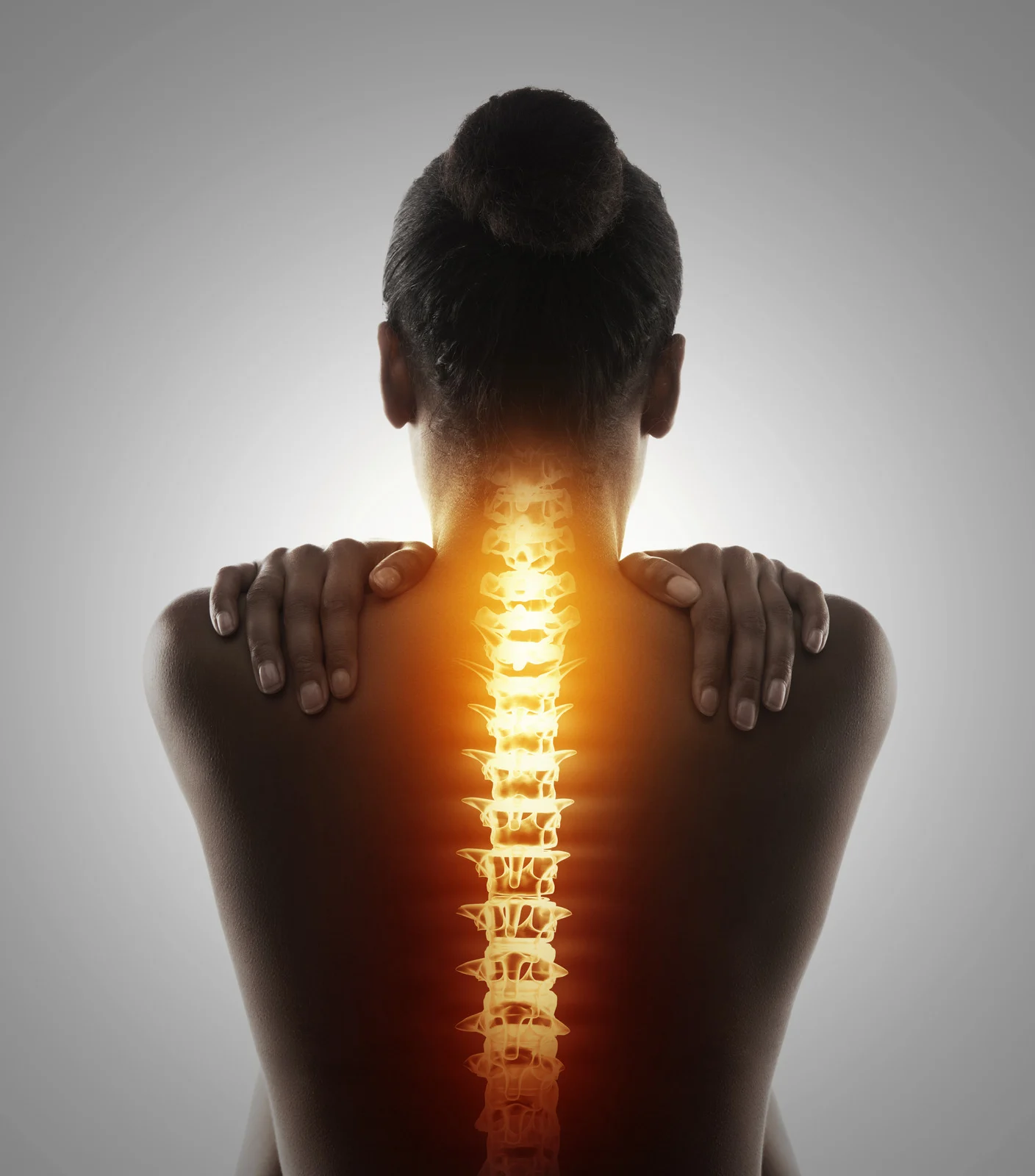
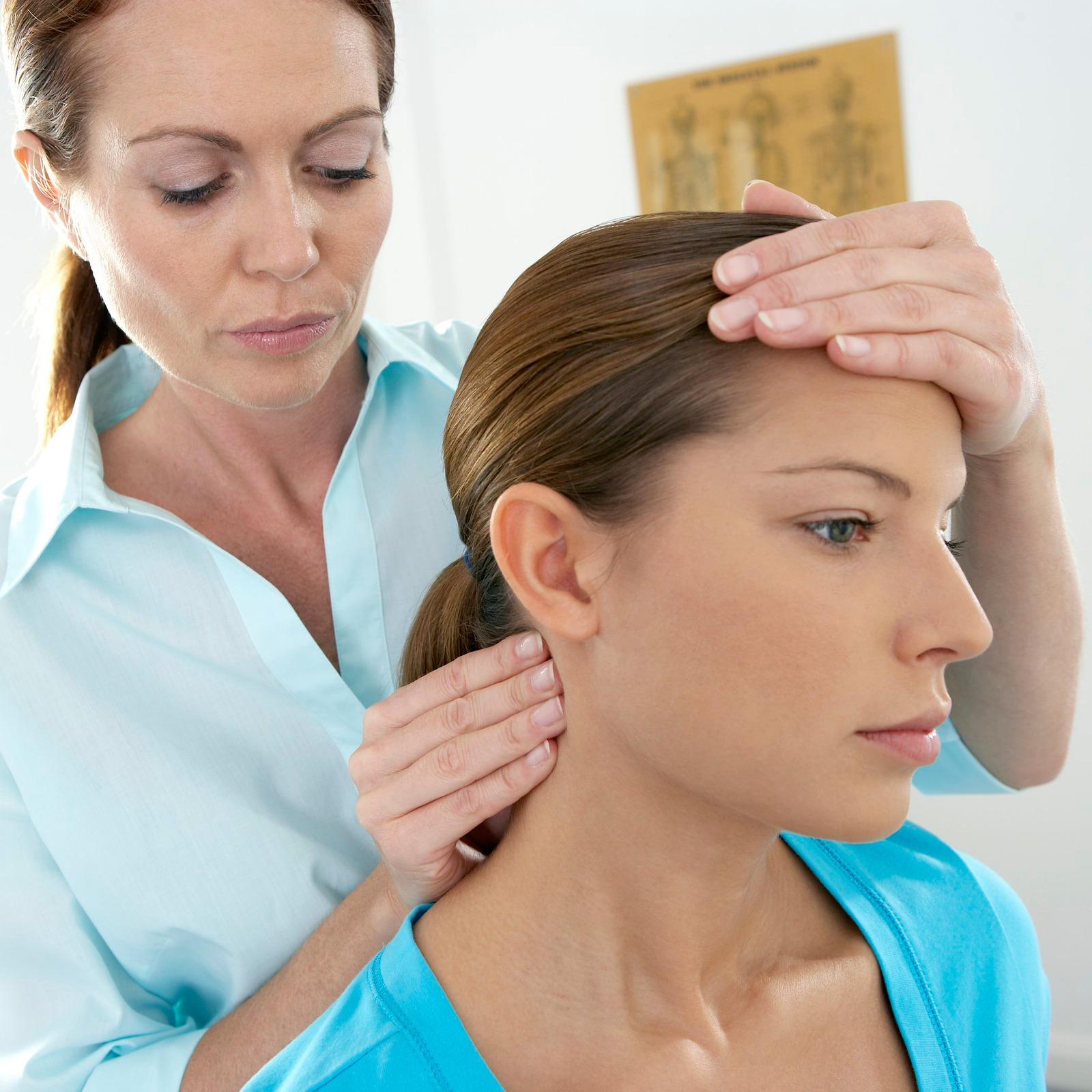
Diagnosing Neurological Disorders
Doctors use various tests to diagnose neurological conditions:
🔎 Medical History & Physical Exam – Assessing symptoms and past health issues.
🔎 Neurological Examination – Evaluating reflexes, coordination, and muscle strength.
🔎 Imaging Tests – MRI, CT scans, and EEGs to detect brain or nerve abnormalities.
🔎 Blood Tests – Checking for infections, vitamin deficiencies, or autoimmune disorders.
🔎 Electromyography (EMG) – Assessing nerve and muscle function.
rological disorders, such as brain tumors, epilepsy, and Parkinson’s, may require surgical intervention.
4. Lifestyle Modifications
- Healthy Diet – Supports brain health with omega-3s and vitamins.
- Regular Exercise – Reduces symptoms and maintains strength.
- Mental Stimulation – Brain games and puzzles help cognitive function.
- Stress Management – Meditation and yoga for relaxation.
How Physiotherapy Can Help with Neurological Disorders
Physiotherapy plays a crucial role in managing neurological conditions by:
✔ Enhancing Mobility – Helping regain movement after stroke or injury.
✔ Reducing Pain – Managing nerve pain through manual therapy.
✔ Improving Coordination – Strengthening balance and muscle control.
✔ Boosting Confidence – Helping patients live more independently.
At IMC Rehab Services, we provide customized therapy programs for stroke recovery, Parkinson’s, MS, and more.


When to Seek Medical Help
Seek medical attention if you experience:
⚠ Persistent headaches or dizziness
⚠ Muscle weakness or paralysis
⚠ Sudden memory loss or confusion
⚠ Unexplained seizures or tremors
⚠ Difficulty speaking or swallowing
Early diagnosis improves treatment success and quality of life.
Book Your Appointment Today!
At IMC Rehab Services, we provide expert neurological care to help you move, think, and live better. Whether you need rehabilitation after a stroke or therapy for Parkinson’s, our experienced team is here to support you.
